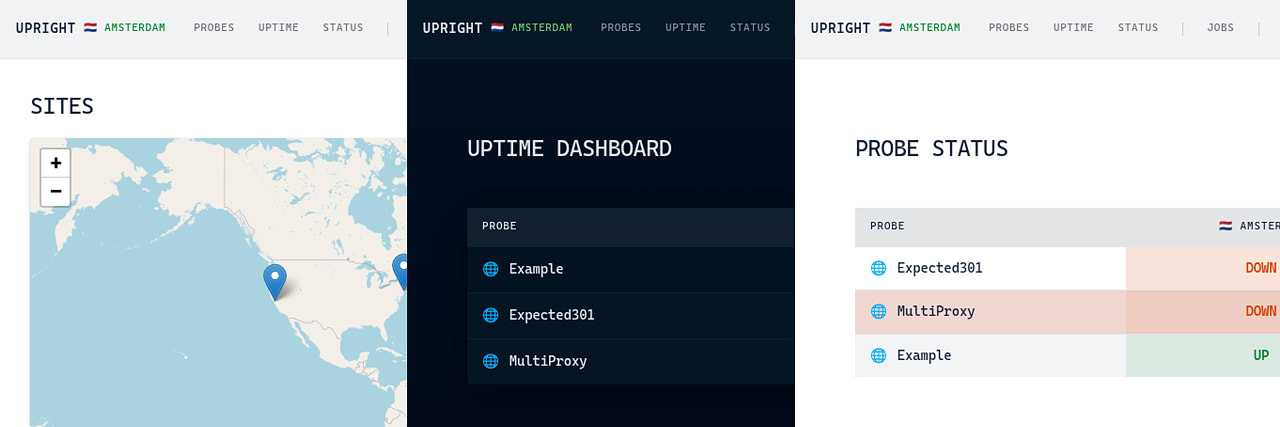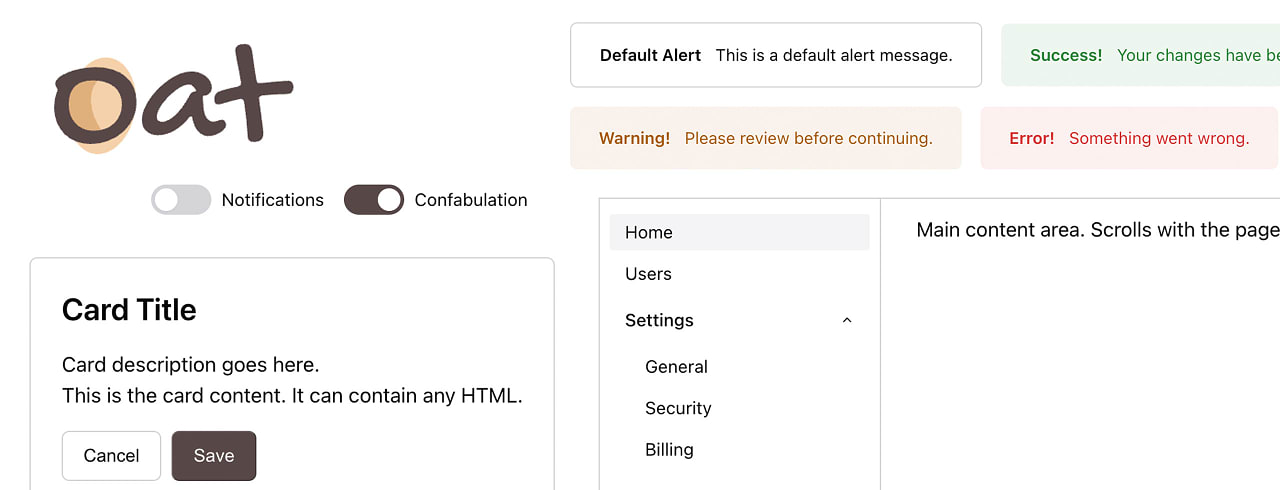#788 — February 19, 2026 |
|
Ruby Weekly |

|
|
The Outcomes of Last Week's Ruby 'Dev Meeting' — Last week I mentioned a meeting was taking place where lead core team members would answer questions around proposals, features, and bugs. Here are the rough notes of what happened, but a few quick highlights:
The Ruby Core Team |

AI Should Be Actionable: Outcomes Over Hype — Pragmatic AI solves real business problems to drive results that matter. Struggling to figure out what benefits most from AI or if AI proofs of concept are hitting targets? We’ve got you. Build quality software faster with AI that works for you. Test Double sponsor |
|
⚡️ IN BRIEF:
|
|
Writing Custom RuboCop Rules in 2026 — Creating custom ‘cops’ has never been simpler, thanks to RuboCop’s plugin system. This post focuses on workflow and fitting with ‘the RuboCop way’, rather than what you might actually implement. Yaroslav Kurbatov |
|
🚨 Need to Migrate Away from Heroku? Plan with FastRuby.io® — Before it becomes an emergency, plan your migration away from Heroku with FastRuby.io®'s productized service. PaaS Migration Service sponsor |
|
Resurrecting _why's Dream with Scarpe — The Rubyists at SchwadLabs have decided to walk a mile in _why’s Shoes, bringing the 2007 GUI framework into 2026 with a lighter, cross-platform approach. Philippe Dubois (SchwadLabs) |
💡 If you're unfamiliar with _why, he was a key part of the early Ruby ecosystem. |
|
📺 Rails Multi-Tenancy – Mike Dalessio shares the benefits of multi-tenant databases and how the Active Record Tenanted gem came to be. 37Signals 📄 What I've Learned From Shipping 25+ Mobile Apps – Hotwire Native has a lot of potential for Rails devs who need to go mobile. Joe Masilotti 📄 Four Common Security Risks When Vibe Coding Your App Nina Torgunakova (Evil Martians) 📄 Doing AI Agent Orchestration on Rails Jesse Waites |
🛠 Code & Tools |

|
|
Introducing Upright: 37signals' Synthetic Monitoring System — This new Rails engine runs health checks from multiple locations (which can be cheap VPSes) and sends notifications when things break. Even if you don’t want to run it, its codebase is yet another example of how 37signals builds software. Lewis Buckley (37signals) |
|
props_template 1.0: A High-Performance Jbuilder Replacement — A JSON serializer that gains performance from what it adds and takes away, and for that, we give it, um, props. Jokes aside, there are some interesting optimizations in here if you’re producing JSON from Rails apps. (GitHub repo.) Johny Ho (Thoughtbot) |
|
Heroku Stopped Dev? Switch to Cloud 66 for Rails — Get Heroku convenience on your own servers. Save 60%, enjoy amazing support, and never migrate again. Cloud 66 sponsor |
|
Retriable: A DSL to Retry Failed Code Blocks — Lets failed blocks be retried with randomized exponential backoff time intervals – ideal for interacting with external services, perhaps. Jack Chu |
|
mlx-ruby: Ruby Bindings for Apple's MLX Framework — An agent-assisted attempt to bring bindings to Apple’s ML-focused array framework to Ruby, including an idiomatic Ruby DSL. Alex Skryl |
|
jaro_winkler: Measure Strings for Jaro-Winkler Similarity — No, I hadn’t heard of it either, but the Jaro-Winkler algorithm is a way to measure edit distance between two strings (a la Levenshtein, but with some unique properties of its own). Jian Weihang |
|
|
📢 Elsewhere in the ecosystem |

|
|
